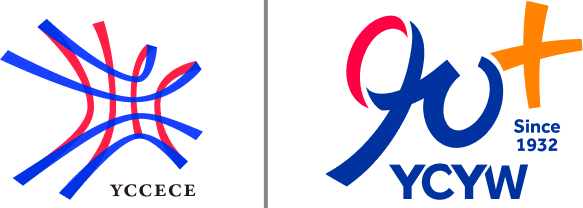Go Back
College News
News
CKQRS Published In The "Children and Youth Services Review" Journal
News
23 Mar, 2024
06 : 31
We are thrilled to share that the manuscript of the College’s research project “the Chinese Kindergarten Quality Rating Scale (CKQRS)” was published in the Children and Youth Services Review - one of the top-tier peer-reviewed journals. The manuscript delves into the theoretical model that was utilised to support the design of the Rating Scale we developed. The publication of this manuscript confirms the acceptance of the model that has been examined and validated by peer reviewers, which will serve as a reference for ECE practitioners and researchers in future.
Development and validation of the Chinese Kindergarten Quality Rating Scale (CKQRS): A study based in Guangdong and Jiangsu provinces
Cathy O.Y. Hung, Ye Zhang, Ruoyu Wen, Dan Dan Zhang, Hao Han, Ruifeng Pan, Ping Shi, Allan H.K. Yuen
Highlights
- Integrated Model of ECEC Quality was proposed to conceptualize the quality of ECEC.
- Items of the CKQRS were developed and reviewed using Delphi method to establish content validity.
- Concurrent validity was established by the significant associations with two validated evaluation tools.
- There are five factors resulted from the exploratory factor analysis.
- The psychometric equivalence of the rating scale was established by examining the measurement invariance between two sub-groups.
Objective
The present study aimed to develop a new measure to assess the quality of kindergartens in terms of the proximal features, programme characteristics, and administration and management.
Method
The research involved multiple procedures to develop and validate the new measure, Chinese Kindergarten Quality Rating Scale (CKQRS). Firstly, in the development stage, the ecological system model, Integrated Model of ECEC Quality, was adopted as a conceptual framework to develop the items of CKQRS. The items were reviewed by an expert review panel composed of 18 ECEC experts to thoroughly review the content and assure the content validity of the new measure by means of a Delphi method. Secondly, one hundred and twelve kindergartens were evaluated through on-site observation by different measures, including the CKQRS, Early Childhood Environment Rating Scale-Revised (ECERS-R), and Programme Administration Scale (PAS) in order to assess the concurrent validity of the CKQRS. Thirdly, the CKQRS was further examined for the factorial structure, the psychometric equivalence of the rating scale across sub-groups (i.e. measurement invariance), and the internal consistency.
Results
The results from the Delphi method showed that the CKQRS items have good content validity based on the relevance rating by the expert panel. The results showed that the CKQRS items are significantly associated with ECERS-R and PAS items, which demonstrated a good concurrent validity. The exploratory factor analysis results showed that the CKQRS has a good fit with a five-factor model. That is, the quality of ECEC can be evaluated by five components: (a) proximal features, (b) learning and development support, (c) programme planning, (d) physical space, health and safety, and (e) administration and management. The measurement invariance was examined between two sub-groups by school size. The measurement invariance assessment result showed that there is an identical factor structure (i.e. configural invariance), identical factor loadings (i.e. metric invariance), and identical intercepts (i.e. scalar invariance) between the two sub-groups.
Conclusion
This measure provides empirical evidence on the quality of ECEC through the perspective of ecological system theory and may inform policy making on identifying the supports needed in enhancing the quality of ECEC.











